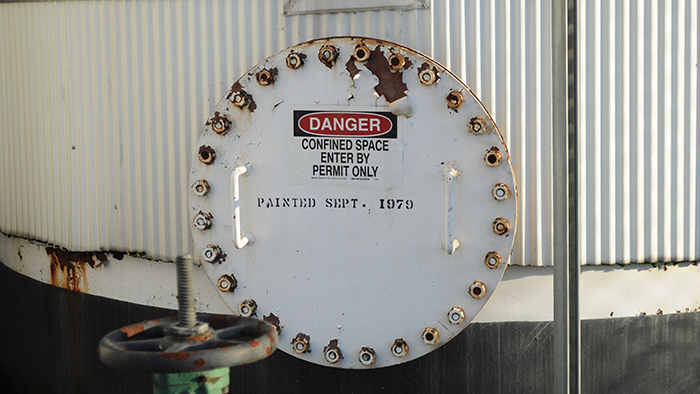What all Businesses Must Know About Cannabis in the Workplace
Jul 13, 2018 Cannabis in the Workplace, Occupational Health & Safety Regulations

October 17, 2018 marks a new beginning to our Criminal Code regarding the possession of a previously illegal drug, cannabis. Although Canada had no laws against using cannabis, it was illegal to possess it. The upcoming changes to our Criminal Code will allow individuals to carry limited quantities of cannabis (30 grams) and, in Ontario, grow up to four plants for personal use. Although Canadians will now be allowed to grow and possess cannabis, the sale of this drug will be carefully regulated.
Sergeant Dave Brown of the Ontario Provincial Police (OPP) was kind enough to speak with me regarding the legalization of cannabis. He pointed out that the general public might have an inaccurate depiction about the consumption of marijuana. The laws surrounding cannabis can be best compared to the law regarding the consumption of alcohol – people cannot just walk down the street or sit in a park and have a beer – the same will apply to marijuana. Smoking or consuming cannabis will only be allowed in your own home or residences that would allow it.
Here are some of the most common questions that businesses are asking us about cannabis in the workplace:
Q: Can I send a worker home if I think they are high?
A: Yes, you certainly can. Under our safety laws, every employer and supervisor must take every precaution reasonable for the protection of their workers. If you have reason to believe a worker is impaired by drugs or alcohol you have an obligation to protect them and the rest of your workers. This may mean taking them away from any work that may pose a danger to them or others. In most cases this would result in sending the worker home or not allowing them to start/resume work. I strongly recommend all businesses to consider revising their policies on alcohol and drug use to include the prohibition of smoking or consuming cannabis products at the workplace.
Q: Do I have to prove that they are impaired?
A: No you do not, all you need is reason to believe they may be impaired. If you sense that a worker may be impaired, that is enough reason to stop their work before anyone gets injured. What if your mentality was “I think they are okay to work” and an accident occurred? The Ministry of Labour will ask you all the tough questions including why did you allow them to work if you thought they could be impaired. No one is expected to be or have an expert in evaluating someone’s level of impairment, we leave that to the police.
Q: What if my worker has a prescription for medical cannabis, are they allowed to smoke or consume marijuana at work?
A: Under our employment laws, employers have a duty to accommodate workers with any disabilities or those that have to take medication, which includes cannabis. If a worker is under any kind of medication that may affect their ability to perform their job safely, they have an obligation to let their employer know of the effects of that medication. They are not required to tell you what it is for, just that they are taking the medication and that it may affect the job or tasks they do. Once the employer is aware of the situation, they have to ensure that the worker can work safely under these conditions. Let us keep in mind that most people taking medical cannabis are taking it to help with their disability, and not to get high. This situation would be similar as someone taking strong pain killers for an injury, they take it for their pain relief, not to get high. The fact is that there are a lot of medical marijuana products that have the psychoactive constituent of the plant, tetrahydrocannabinol (THC), removed so individuals can receive the health benefits without the impairment. Furthermore, medical marijuana now comes in many presentations that does not require smoking of the plant, for example; capsules, lozenges, dermal patches and sprays, etc.
Q: How will the Cannabis Act affect my workplace?
A: The reality is that this new law should have very little impact in your workplace, if at all. If someone came into your workplace smelling like alcohol, or you have reason to believe there is an alcohol impairment, you should already have a policy and procedures dictating the outcome of such an event. The same should be done for cannabis, before Bill C-45 comes into place on October 17, all businesses should revise their policies with regards to alcohol and drug use to include the new marijuana law changes. If you do not already have this measure in place, you should consider creating a policy to address the use of marijuana at your workplace.
Industrial Safety Trainers have almost 20 years of experience creating policies that comply with applicable safety laws. If you require assistance on this or any other matter, please call 1-800-219-8660 or leave us a message. Check out our safety training courses!





